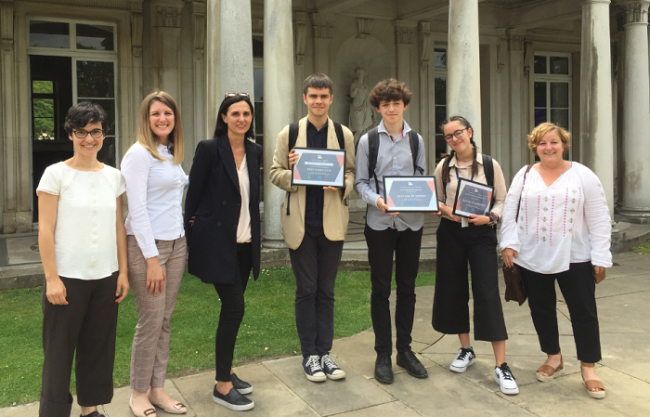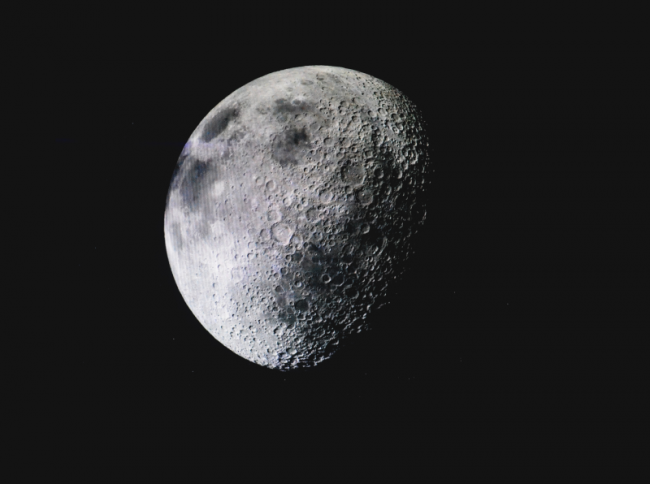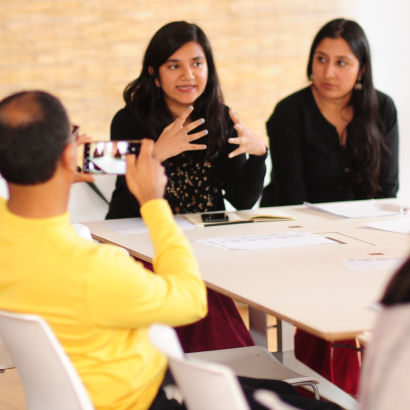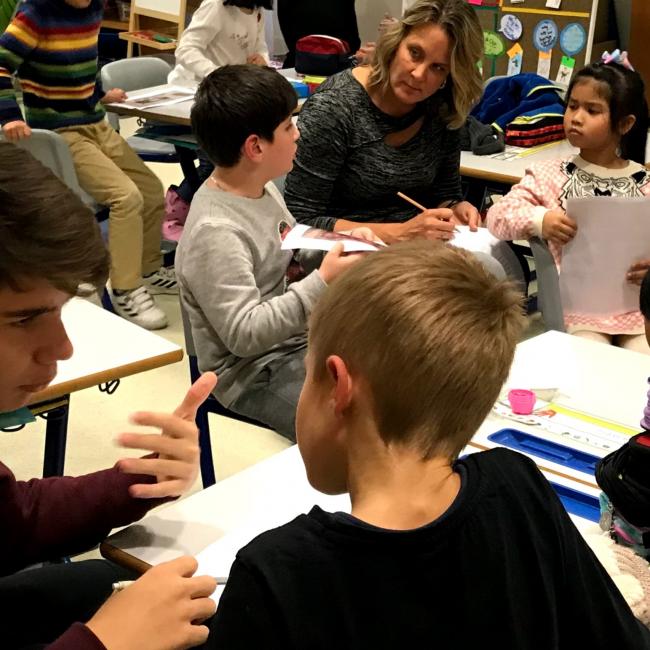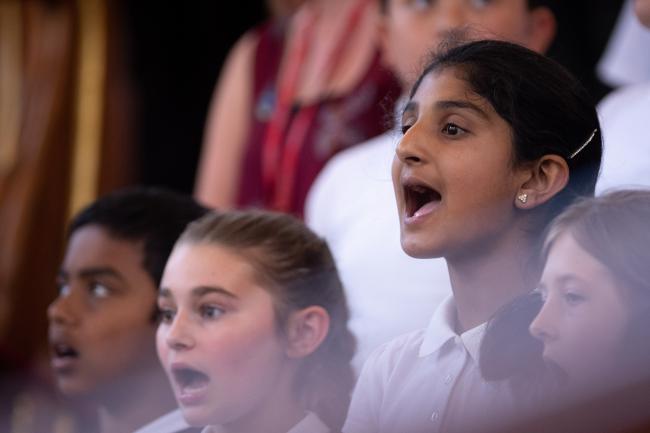Our research proceeds from the premise that there’s more to languages than their practical benefits for communicative transactions.
This is not just about ‘added’ value. Languages are our key medium for self-expression, and as such they’re at the heart of individual and collective cultural identity. That gives them immense creative potential which is fundamental to our lives as human beings. While being inextricably connected with practical use, that creative potential is also an invaluable resource in its own right.
Our research programme was designed to develop a new paradigm for Modern Languages that is predicated on the intrinsic connection between multilingualism and creativity. This connection is embedded in our linguistic heritage, our linguistic development, and our communicative lives. It can give learners confidence in their innate ability as linguists, and it makes language learning lastingly rewarding. It also holds the key to establishing a common identity for the subject of Modern Languages across educational sectors.
In this section, we feature articles, videos and podcasts that give insights, snapshots and personal perspectives on the many ways in which languages and creativity interact and cross-fertilise each other.
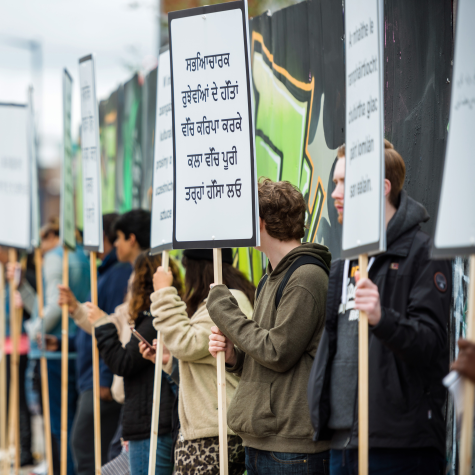
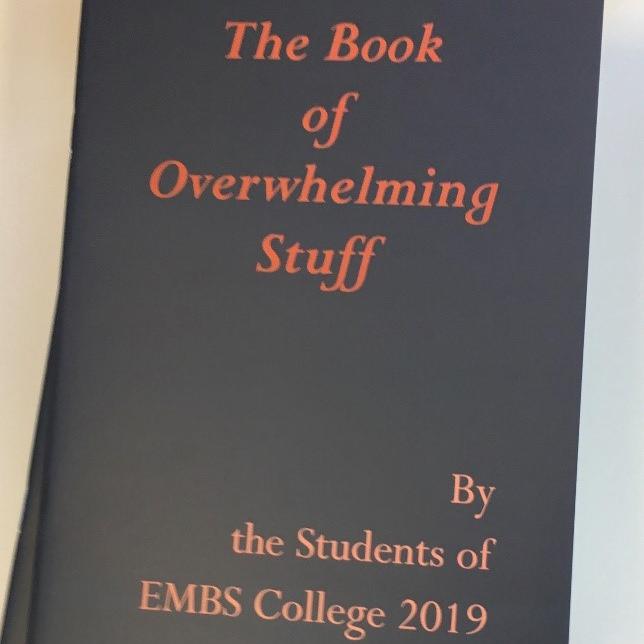
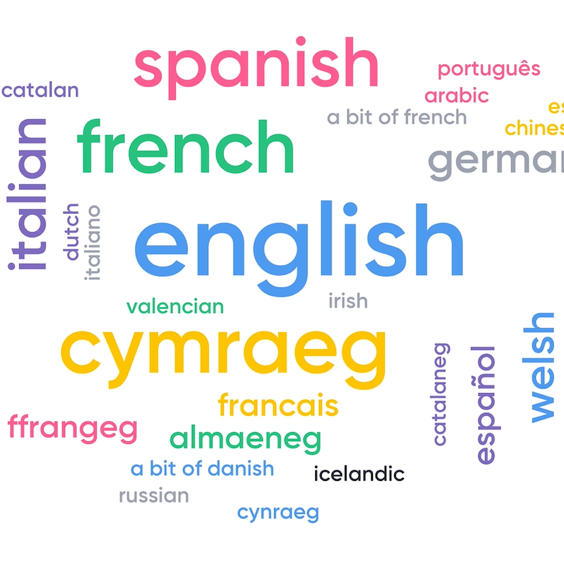
/index.png?h=b5d2923e&itok=CX_3QOks)
